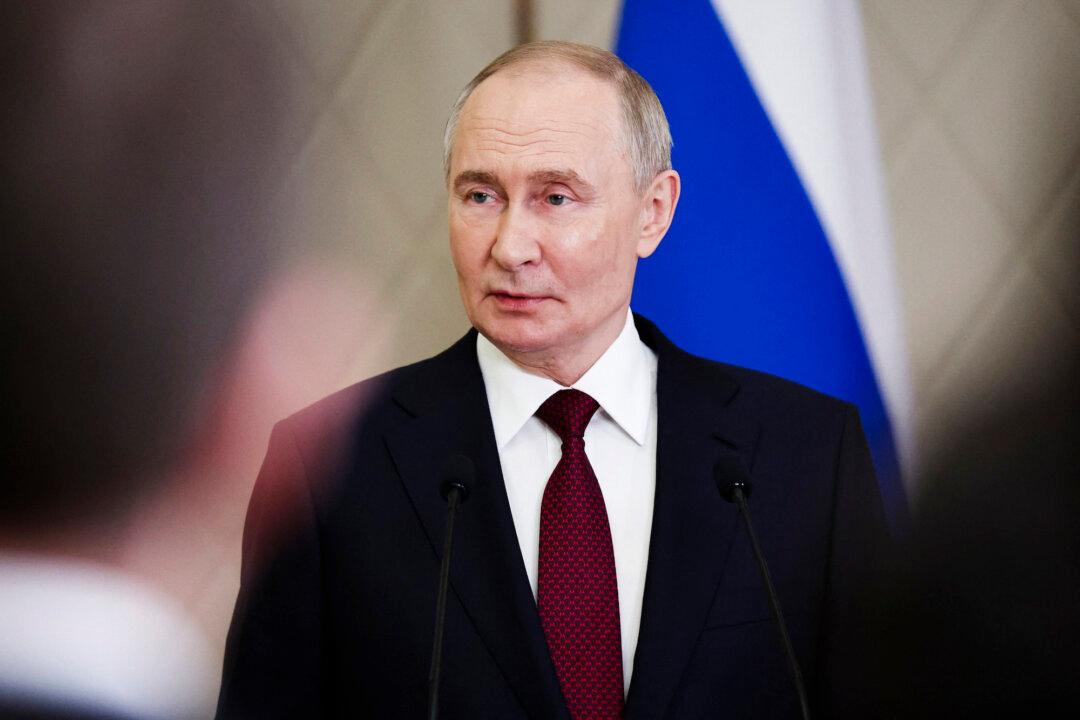Russian President Vladimir Putin said Moscow is open to partnering with the United States on joint resource exploration and extraction, including rare earths, and has no objections to a potential U.S.–Ukraine minerals deal.
“We, by the way, would be ready to offer [joint projects with] our American partners,” Putin said to Russian state broadcaster VGTRK on Feb. 24, after chairing a meeting with his ministers and economic advisers on rare earth metals, which are critical in many modern technologies, both civilian and military.





